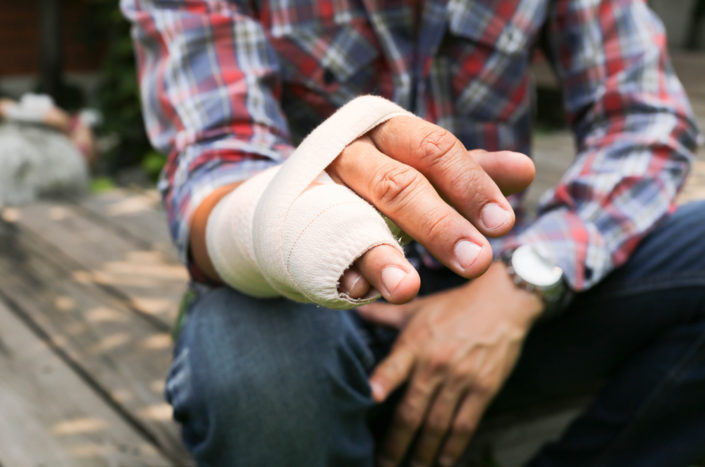Contents:
- Medical Video: 4 Ways To Quickly Stop Leg Cramps & Foot Cramps With Natural Remedies
- Benefits of magnesium for bone health
- Enough for your magnesium needs from supplements
Medical Video: 4 Ways To Quickly Stop Leg Cramps & Foot Cramps With Natural Remedies
The benefits of magnesium have no doubt about heart health. Adequate magnesium intake also helps you avoid "subscription" headaches. Well, it turns out there are still more benefits of magnesium minerals that are rarely known by many people. Various studies have reported that magnesium is also beneficial for maintaining bone health, especially in adults and the elderly. Here's the review.
Benefits of magnesium for bone health
Broken bones are one of the causes of physical disability in the elderly who are the most preventable early on. One way is to meet the body's daily magnesium needs.
Once the contents of the collaborative research between the University of Bristol in England and the University of Eastern Finland after observing almost more than two thousand middle-aged men. The study was published in the European Journal of Epidemiology. The research team states that adequate magnesium intake every day can reduce the risk of fractures in middle-aged adults and elderly people can decrease by 44 percent. So, how does magnesium work to prevent fractures?
The main function of magnesium is for bone health. Most magnesium intake will be stored in bone tissue, the rest in muscle. Magnesium plays a role in regulating a lot of calcium entering and leaving the membrane of bone and muscle cells. If the magnesium level is too little, the process of transporting calcium to and from cells cannot work well. As a result, you have a high risk of having brittle bones at risk for osteoporosis. In addition, too much calcium is also bad for health because it can cause you to get muscle cramps.
Magnesium also works to help absorb calcium and vitamin D in the body. Both of these vitamins and minerals make your bones strong and dense. That's why magnesium deficiency risks making fragile bones even trigger osteoporosis.
Enough for your magnesium needs from supplements
The best sources of magnesium are generally from foods, such as:
- Milk and processed products.
- Banana.
- Avocado.
- Soybeans.
- Dark green leafy vegetables, like spinach and broccoli.
However, the researchers put more emphasis on older adults and middle-aged people to provide for magnesium as well as from drug supplements. Because, increasing magnesium intake from food alone does not automatically increase levels in the blood. Especially for parents who consume certain drugs or have digestive disorders.
Especially because magnesium deficiency is difficult to see physically, the researchers suggest that you middle-aged and elderly people regularly check magnesium levels every time you see a doctor. This is done to reduce the risk of fractures that are commonly experienced by parents.














